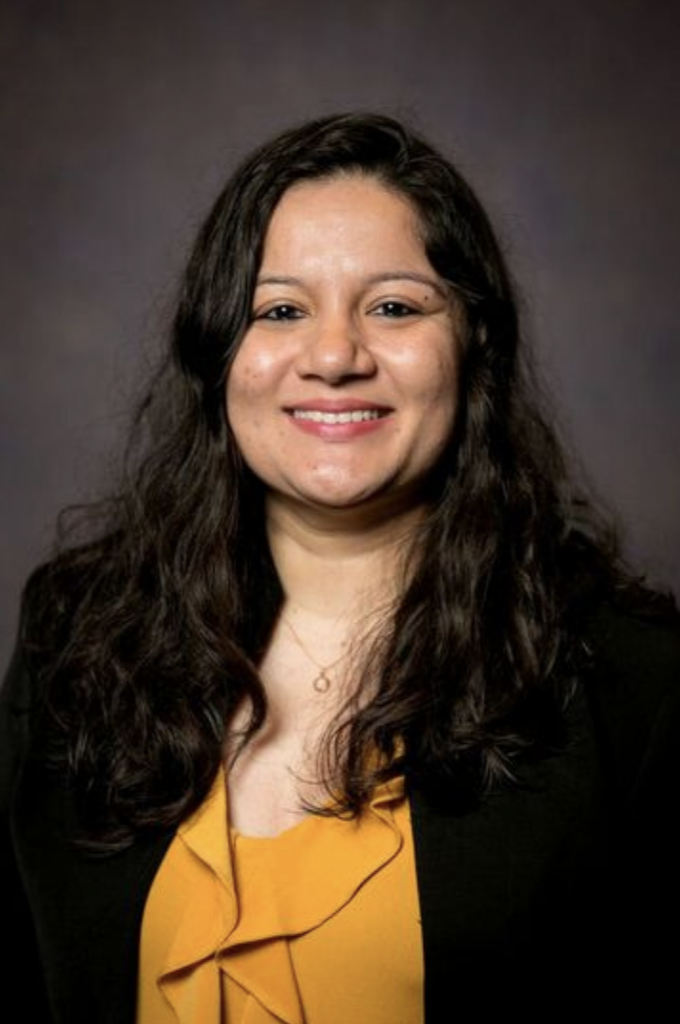By: Ellie Keum, 2024 Cohort
If you’ve ever picked up another language, whether your roots tie back to it or you want to start a streak on Duolingo, the popular language-learning app, you would know it is not easy.
If you are monolingual, let me inform you that the journey to fully grasp another language is a treacherous hill.
So, at this point, you are probably questioning why one would ever spend time hiking up such a monstrous mountain.
To that, I say, “Don’t fret!”
From a girl who can fluently speak two languages and is trying to reach professional proficiency in three others, let me tell you that it’s worth it. No one has moved through too much life, no one is too old, and certainly no one is too young to open their eyes to a whole new dimension of the world.
First: by learning a language, you will uncover deep culture. All languages come with the basic grammar rules, spelling, sentence structure, and pronunciation. But dialects also contain niche humor and social norms of the people who speak them.
Humor is usually based on wordplay, cultural references, and shared societal values. Understanding these niche details aids in appreciating humor and also indicates what a society finds entertaining. Knowing what a group finds amusing contributes significantly to the understanding of the group’s culture.
Language reflects social norms and etiquette; how people greet each other, apologize or argue is different in every dialect. These practices are within the language and learning them breeds a deeper respect and understanding of the culture.
The understanding of culture and specific details can only come to people through language. It is a type of perception that cannot be grasped by robots.
At the time of writing, I have just asked my Snapchat AI to translate the Korean phrase, “행소” which is a slang term used as, “let’s be happy.” The AI translated it as, “happiness.” Now, while the idea of being happy is present in both, the two translations are vastly different. “Come on, let’s be happy,” (slang) is obviously not the same as, “Come on, happiness,” the AI translation.
So, while robots or closed captions in movies can decode the gist of a language for you, they evidently cannot adapt to slang and daily conversation, and the culture within a dialect.

When discussing slang, Dr. Shaheen Kanthawala, an assistant professor at The University of Alabama, said, “Slang and informal ways of communication are honestly what makes someone inherently a part of that space.”
Kanthawala was born and raised in India; she speaks English, Hindi and Gujarati.
Dr. Shaheen Kanthawala, an assistant professor in the Department of Journalism & Creative Media at The University of Alabama.
Photo by The University of Alabama
Kanthawala emphasizes the importance that slang and loose conversation have to a culture, and how understanding those nuances are the gateway to appreciating “that space,” or culture.
Second: by learning a new language, you will become more open to walking comfortably into situations that have an unclear ending. If you’ve ever watched “Frozen 2,” Elsa sings a song called “Into the Unknown.” Elsa is visibly scared to face what is in the unknown. Well, if you’re grappling with a new language, fear not. You probably won’t be singing that song any time soon.
According to the Harvard University Department of Comparative Literature, “By speaking a second language, we can even become more rational, more open-minded and better equipped to deal with uncertainty. This phenomenon is known as the “foreign language effect,” and the benefits may be an inspiration for anyone who would like to enrich their mind with the words of another tongue.”
I like to do things I’m good at and stray away from those I’m unsure I can succeed in. So, is it a coincidence that my hesitant tendencies have subsided and I have become more open-minded as I picked up French, Latin, and Spanish?
When meeting people from diverse backgrounds, my confidence in my ability to adapt to someone’s culture now invites me to spark a conversation. The unknown within their heritage is no longer scary: it invites me to learn more.
We may not need to hum along to “Into the Unknown.” Instead, let’s sing, “For the First Time in Forever,” another, more positive piece from the “Frozen” franchise. Even if it’s your first time trying something, approach it with an elated attitude, just as Anna, Elsa’s sister, does.
Finally: multilingualism can enhance your professional career. Companies that operate internationally prioritize those who can communicate with a diverse audience. Industries such as customer service, tourism, healthcare and international relations benefit from job applicants who can speak multiple languages and attend to a wide variety of clients.
Multilingualism also provides an opportunity for further professional networking. A shared spoken language can act as a foundation and spark relationships with colleagues and mentors.
Subsequently, this spark opens doors to collaborations and partnerships.
There are a myriad of ways for you to expose yourself to a new language. Join a language club or class at your high school or university! Sign yourself up on a language app!
At The University of Alabama, I had the privilege to visit B.B. Comer Hall, the Department of Modern Languages & Classics, and take a look at the flags outside of the building. It was lovely and I thought to myself, “Who wouldn’t want to learn a language here?”

Three flags billowing outside B.B. Comer Hall, the Department of Modern Languages & Classics at The University of Alabama.
Photo by Ellie Keum
Let me end with a quote from Duolingo, with their convincing claim that they are the world’s best way to learn a language. This app will help you practice grammar and vocabulary, and if you take a day off, Duo the Owl will come and find you. No, I am not joking; it will hunt you down with notifications, emails and pop-ups until you do your lesson.
As stated by Duolingo in its blog, “Whether you are 8 or 80, learning French or Korean, studying a new language for the first time ever or for the first time in 50 years, there’s never been more reason and more support for learning a new language.”
